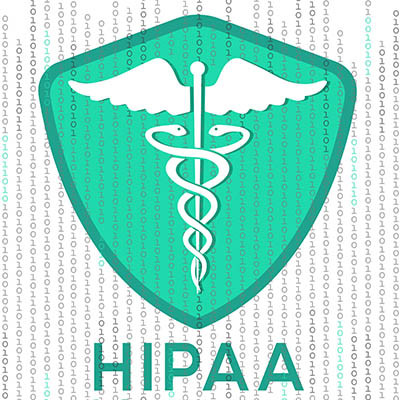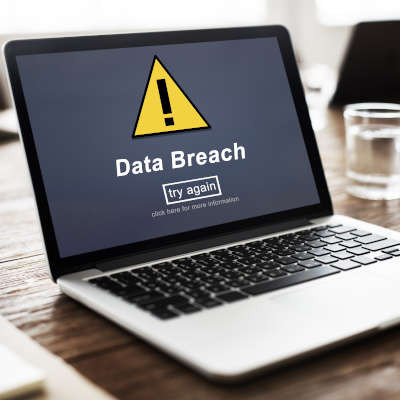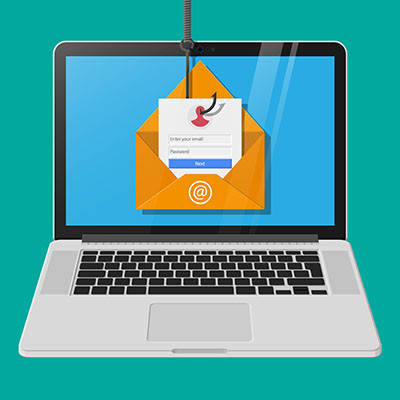Ferrum Technology Services Blog
It should come as no surprise that cybersecurity is an important consideration for a business, which means it is important that you are aware of how effective your security practices are. Evaluating this is best accomplished by testing your team and their preparedness… but how often should you do so?
As is often the case with ransomware attacks, the situation with the Colonial Pipeline hack has grown more complex as more information regarding the attack has been discovered. Here are some of the major developments that you should keep top of mind in the wake of this devastating ransomware attack.
Some industries have specific standards that must be met regarding data security and privacy. For healthcare and its related industries, you have HIPAA, the Health Insurance Portability and Accountability Act, which protects the privacy of patient records and requires that organizations maintain them in a specific fashion. To make this a bit easier is HITRUST, the Health Information Trust Alliance. How are these two intertwined and how do they make the privacy regulations in the United States easier to understand?
Unfortunate as it might be, one single solution is not going to eliminate any and all of your cybersecurity woes. That said, there are plenty of ways that you can mitigate the majority of threats and minimize their chances of success. One of the best ways is to construct a culture of cybersecurity awareness within your organization that encompasses all employees, including upper-level management and the C-suite. Here are 11 ways that you can build up an enduring culture of cybersecurity awareness for your business.
The past year has been tough on businesses, if only because of how unpredictable everything has been. As far as network security goes, however, most of the threats that were plaguing companies before the pandemic are the same ones that IT administrators are dealing with today. Curiously, it seems that a week can’t go by without a major data breach. Why is this happening? Simply put, the fundamentals of security management are being neglected. Let’s take a look at three practices that need to be followed in order to keep your organization from being a victim of a scam or cyberattack.
There are countless aspects of running a business that demand your attention on a daily basis, but one of the most important that can often go by the wayside is cybersecurity. No matter the size of your business, cybersecurity can make all the difference in preserving your organization’s future. While we recommend implementing technology solutions to make cybersecurity easier to manage, without an established culture of cybersecurity, your business will remain at risk regardless of the measure you take to protect it.
A lot of people have wanted to do their jobs from home for a very long time. It took a global pandemic to make it happen, but over the past year, millions of people have successfully navigated remote work from the comfort of their homes. The reality of it was a lot different than what most of them expected, however. Some organizations are simply better at managing their remote workers and this, and other factors, have led to some significant turnover at some companies. Let’s take a look at the reasons for this and give you a couple of tips that will help you retain your remote workers.
A lot has been made about smart technology over the past few years with one major takeaway: it is far too risky to deploy. Security problems with Internet of Things (IoT) devices have been widely discussed and it has kept organizations from deploying technology that can really help their business. Let’s take a look at some of the technologies that your business can use to streamline your operations.
One of the most valuable things for a business to know, in terms of its cybersecurity, is how vulnerable it is to breaches and exploits. This kind of information can be gathered via a process called penetration testing, or pen testing. Let’s go over how the average pen test is conducted to see how these insights are collected.
For any business continuity strategy to be complete, a data backup strategy needs to be involved. This is often easier said than done: there are a lot of elements that need to be considered, and some data can go overlooked if the solution isn’t maintained. However, considering the likelihood of data loss without one, a data backup is an indispensable component to prioritize and evaluate over time.
While nobody wants their company to suffer a data breach, the nature of today’s workplace makes these occurrences harder and harder to avoid. In fact, chances are that you’ll eventually encounter one, which makes it important to prepare to deal with it when it comes about.
Here, we’ve outlined a few steps to help your business weather the storm:
The calendar is chock-full of novelty holidays, March specifically starting with things like World Compliment Day (you look great, by the way) and ending with the very scientific Bunsen Burner Day. However, while things like National Pears Helene Day—March 15—are fun, some of these days touch on more important topics.
Let’s go over some of the novelty days in March that can provide us with some IT best practices to keep in mind.
While last year saw a significant decrease in its number of data breaches, the number of records that were leaked doubled… and then some. Part of this can likely be attributed to a spike in the use of ransomware, indicating a resurgence in interest of the mean-spirited malware. This means that your business may very well see more ransomware infection attempts coming its way—the only question is, are your team members prepared for them?
Regardless of a business’ size, technology can help it to resolve most operational challenges it is contending with. For instance, global toy producer The Lego Group shared their own story about how improved IT solutions helped it to address some significant issues it had. Let’s go over what The Lego Group did, and then see how their process could translate to your business.
People are known to consider good communication as the foundation to forging and maintaining successful relationships. For businesses, this couldn’t be more true. Solid communications both in the operations of a business and with its customers can set it apart from other businesses that are trying to do the same things. This month, we thought we’d take a look at how small businesses can build a successful communications strategy that allows them to thrive in today’s competitive marketplace.
Every business owner wants to protect their data. Even if they don’t pour money into doing so, they typically still understand the importance of it. That’s why three-out-of-every-four businesses perform a backup at least once per week. It’s still good to be reminded how to make sure your backup can work for you. Let’s go over a few basic considerations to make if you want a data backup that you can trust.




















